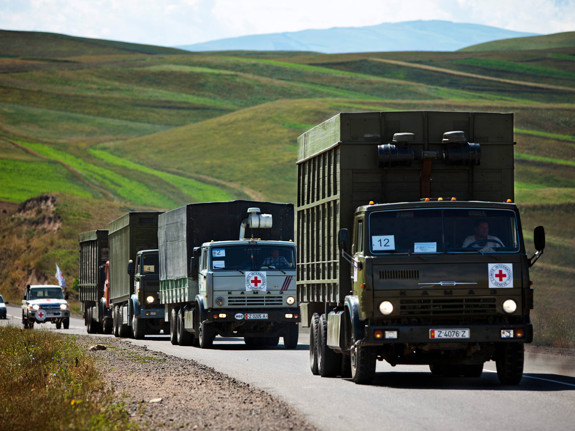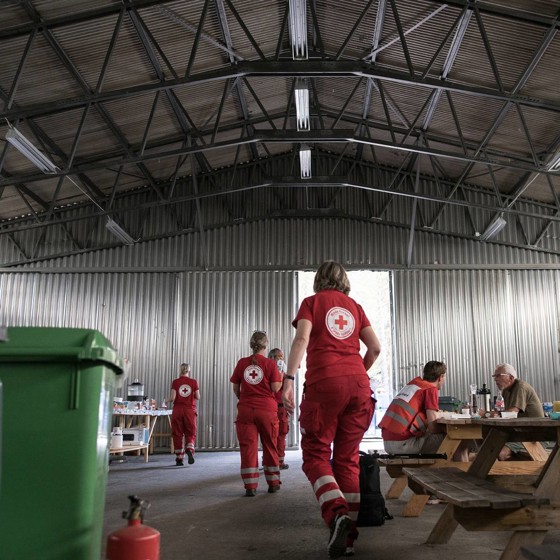The independent author, Dr Johan Schaar, was commissioned by the Swedish Red Cross to provide an overview of sanctions regimes and their humanitarian consequences. All views and recommendations presented here are Dr Schaar's own.
The role, use and understanding of sanctions has evolved with the change in global geopolitics, from the duality of the Cold War era into a more multipolar period with a growing erosion of multilateralism and a shared norm system. From the sanctions instrument defined in Chapter 7 of the UN Charter of 1945, aimed at countering threats to international peace and security, the post-Cold War period has seen an increasing use of EU and unilateral sanctions.
The experience of severe humanitarian impacts of broad economic sanctions in the 1990s led to reforms of the sanctions instrument, and the introduction and use of targeted sanctions, aimed at individuals responsible for breaches of peace and security, rather than the population at large.
More recently, evidence shows that multilateral, regional and unilateral sanctions, sometimes used simultaneously, have again led to negative impacts on civilian populations in a number of cases, similar to those in the 1990s. Often, the objectives of sanctions are unclear or contradictory, making it difficult to assess when their aims have been achieved so that sanctions can be lifted. Their effectiveness in leading to changes in the behavior and policies of regimes under sanctions is in serious doubt, according to a growing body of academic research. It is consequently difficult to identify a current sanctions regime where its political outcome justifies the burden on the civilian population.

